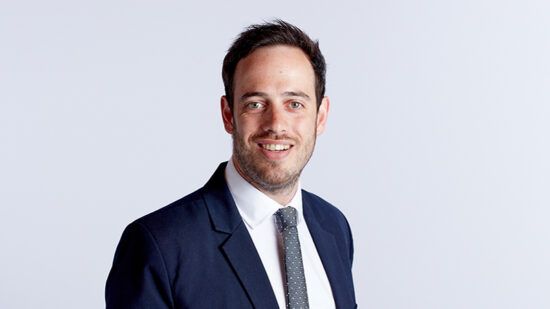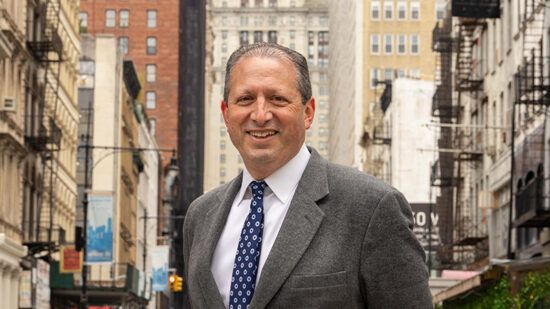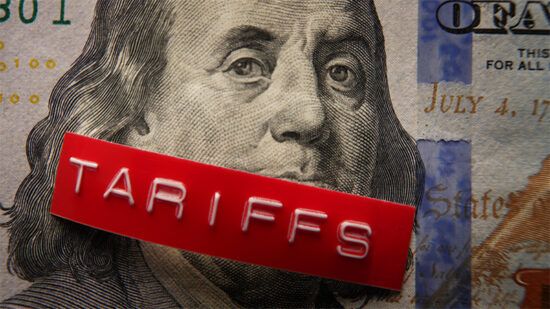Those divesting from fossil fuels have empowered others to be active owners, Quilter Cheviot investment director Caroline Langley told advisers at SRI Services’ annual Good Money Week conference.
“It is being talked about so much, people are thinking ‘should I divest from fossil fuels?’ It has empowered others to be the active owners and to act with intention. And in a sense the wider part of our businesses are learning now that effectively the fossil fuel businesses without a transition plan don’t have a future,” she said.
“What we absolutely must not do is own them and not engage.”
Her comments about the strengths of divestment contrasted those of Financial Conduct Authority (FCA) technical specialist on sustainable finance and stewardship Mark Manning who earlier told the conference divestment without active stewardship is “passing ownership from those that care to those that don’t.” He continued: “That is not what is going to deliver an effective transition.”
Product labelling
Mannings explained the key features of the labelling regime the FCA is currently working on for sustainable finance products. He said investors can be a force for good if they are at the table and consumers should, therefore, be able to tell if an asset manager intends to have a positive impact as an active owner.
“That is why we feel that the labelling classification regime should take both allocation and intention into account,” Mannings said.
The labels may well cover all funds on the market, according to Manning. “Consumers would be best served by labels that apply clear definitions and criteria to group funds in to a small number of categories across the full spectrum of product types – from those that do not actively support sustainability themes or characteristics, to those that progressively integrate ESG considerations… [to] those that aim to and claim to have a positive real-word impact.”
On the theme of building trust in the sector, the technical specialist noted the difficulty interpreting and comparing outputs across third-party ESG data services and ESG ratings. He said the low correlation between different providers’ ratings could ultimately harm the consumer.
In-house data and ratings
Faced with these challenges asset managers are finding their own solutions. Cornelia Furse, portfolio manager at Fidelity, said her team wanted data on prevented emissions but could not find this from a third party.
What is most readily available on companies is their Scope 1 and Scope 2 emissions, which is relevant and useful in many cases, but does not capture downstream impact, Furse said.
“If we take something like a wind turbine manufacturer… they are likely going to have some emissions to generate those turbines but nobody is taking in to consideration that they are enabling the deployment of wind at a meaningful scale globally, and that wind installation is preventing that power being generated by coal or gas assets. So that is something we have tried to capture ourselves.
“We have looked far and wide and it is not something that is readily available. We have calculated for all the holdings in our fund so that we can talk more broadly to the aggregate prevented emissions of the companies that we are invested in,” she commented.
Fidelity is also introducing a climate rating, Furse said, which evaluates the likelihood of a company getting to net-zero emissions.
Engagement case studies
Asked how they go about engaging with companies showing poor practice, the portfolio manager and her fellow panellists each gave an active ownership case study.
Furse described a company that is poorly rated by MSCI, very decentralised and which found it hard to implement company-wide standards.
“There are no disclosures and a handful of policies. We have spoken to the company several times and haven’t got much traction so now we have written to the sustainability subcommittee of the board and again we haven’t got that far,” she said.
“So the next step is to collaborate with other investors and that’s the process that’s ongoing at the moment, to see if we can engage for change.”
Lloyd McAllister, head of ESG research at Newton, said a company held by his team was planning to wind down its coal assets by 2040 but he did not think this worked given the economics of coal.
“We kept asking the management to run scenario analysis on how coal will play out in various carbon tax scenarios. This went through several years’ worth of meetings.
“And then just a few months ago they announced they are going to decommission [their coal assets] by 2025 and significantly ramp up the renewables.
“What we particularly liked about the plan was they hadn’t just done it because we asked but because they had had feedback from customers, local govt and the community as well.”
David Harrison, fund manager at Rathbones, gave an example of what he called companies going from “good to better.” Rathbones holds US business Trex which makes outdoor decking from composite which is 95% recycled.
“But end of life, their decks last about 25 years and they don’t really have a plan about how they are going to recycle this,” he said.
“We have engaged with them on this. To start with there wasn’t really an answer. We have gone back and now they are being very open with us and they are going to work with their local partners to come up with and end of life solution.”








